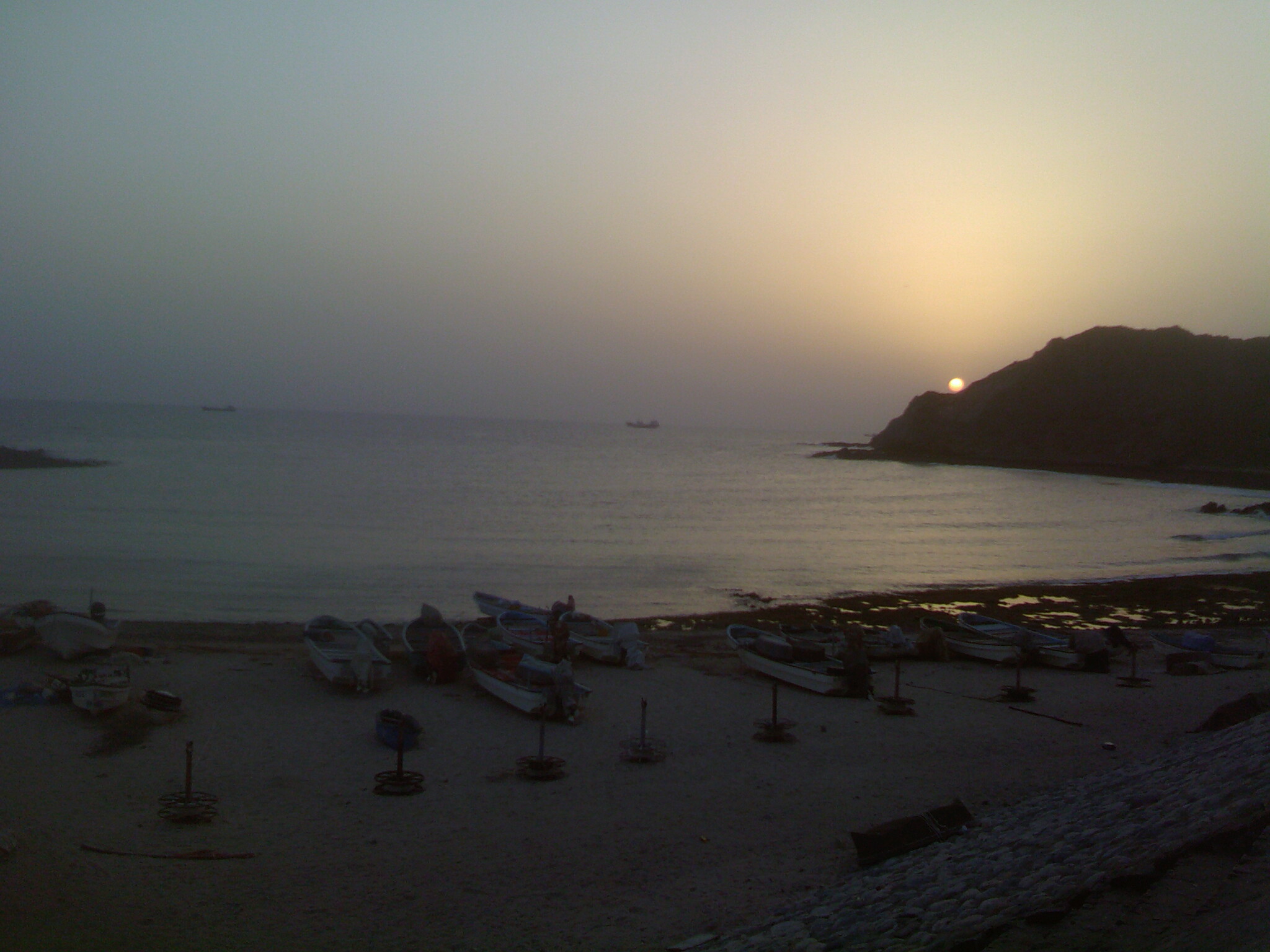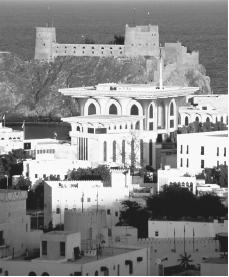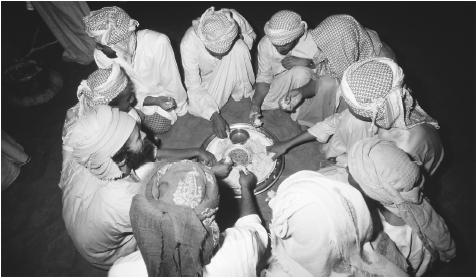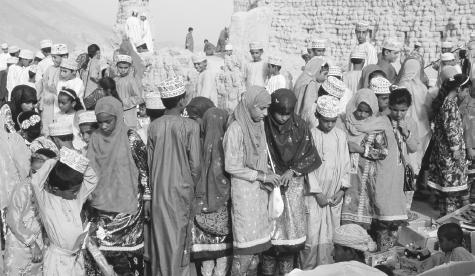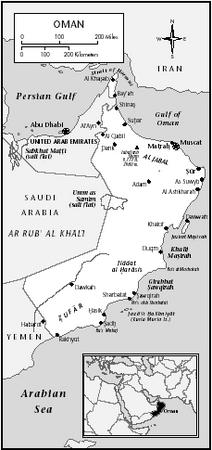Oman
Many centuries before the country of Oman was formed, Muscat, its current capital, was a prosperous trading center and an influential regional city.
Located on the eastern edge of the Arabian Peninsula, Oman occupies a strategic position at the entrance to the Persian Gulf, and noticed by western military powers.
Oman's first settlement, Dereaze, was formed over 8,000 years ago during the Stone Age, and was located within the city of Ibri. Numerous empires dominated the land through the centuries, including the Achaemenids, Parthians and the Sassanids who reigned for 400 years.
It was during the 7th century AD when Oman adopted Islam. To this day it remains the only country within the Islamic world to predominately practice Ibadism - a form of moderate conservatism.
Following the Islamic conversion, the Umayyads took control of Oman, succeeded by the Abbasids, Qarmatians, Buyids and then the Seljuks of Kirman.
The Portuguese turned up in 1498, and occupied Muscat for over a century as a means to protect their sea lanes. Driven out by native tribes, who were in turn pushed out by a Yemeni tribe, Oman transitioned into a self-governing region.
Long ruled by a sultanate, in 1774, Oman established a useful, long term relationship with Britain that lasted until it ceased to be a protectorate in 1951.
Shortly after Qaboos bin Said Al Said replaced his father (in 1970) and took control of the country, this ancient land completely gained its independence.
Among needed changes, the new sultan's priorities were social changes, as well as the modernization of the infrastructure and improving its already established oil industry.
Then, in the early 1980s, this long closed country (for visitors and western businesses) partially opened its doors to the outside world.
Tourism has grown to the point it is expected to be one of the largest industries in the country. Oman has one of the most diverse environments in the Middle East, and is well-known for its cultural offerings. Muscat has, in the past couple years, received recognition for its many tourist amenities.
Adventure travelers who do venture in describe the country as a stunning contrast of deserts, mountains, beaches, and plenty of friendly people.
